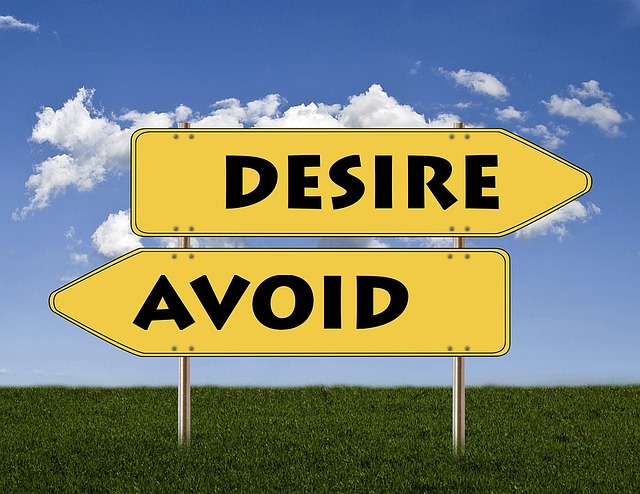Sometimes we can become consumed by anger and be captured by the thoughts, emotions and bodily sensations that accompany anger. Meditation provides a way to let go of anger and its associated ill-effects.
The catalyst for your anger may be that someone did or said something that you considered unfair. It may be that what was said or done frustrated your ability to meet your goal of helping other people to achieve something important. You could feel aggrieved that the thought, effort and cost that you incurred for someone were unappreciated and/or devalued. It could be that comments made by someone else are patently untrue or distort the real picture of your involvement.
The harmful effects of sustained anger
The problem with anger is that it is such a strong emotion, that we tend to hang onto it – we do not let it go. We might ruminate endlessly on what happened, providing justifications for ourselves – our words and actions. We could deflect the implied criticism by denigrating the other person’s intellectual capability or perceptual capacity. We could make assumptions about their motivation and even indulge in conspiracy theory.
An associated problem with indulging in angry thoughts and sensations is that it harms both us and our relationships. We are harmed because the negative emotions consume mental and emotional energy, distract us from the present moment (and all that is good about the present) and destroy our equanimity.
Indulged anger can lead to retaliation that harms the relationship with the other person. It can also contaminate our relationships with other people who are important to us such as our partner, a friend or our children. As a result of our sustained anger, we may appear aloof, critical, grumpy or unsympathetic to these important people in our life.
A meditation for letting go
Diana Winston offers a meditation podcast on letting go. She emphasises the fact that when we indulge a strong emotion like anger, the bodily manifestation of this can be experienced as tightness, tension or soreness – a physical expression of holding on. We can even experience shallowness of breath as we hold the negative emotions in our bodies.
The first level of release through meditation is to focus on your breath – the in-breath and out-breath. This mindful breathing can be viewed as letting go with each out-breath, releasing the pent-up thoughts and emotions that make you uptight.
As you progress your meditation and begin to restore some semblance of relaxation, you can then address the “holding on” in your body. Through a progressive body scan, you can identify the parts of your body that are giving expression to your anger – you can physically soften the muscles (facial, back, shoulder, neck or leg muscles) that have become hardened through holding onto your anger.
Once you have become experienced in meditation, you can then begin to reflect on your response to the negative trigger that set you off. This opens the way to look at how you responded and whether there was an alternative way of responding other than defensiveness or attack (flight or fight). You might discover (as I did recently) that active listening would have achieved a better outcome, an improved level of mutual understanding and reduced stress generated by angry thoughts and emotions.
Taking this further, you could explore a powerful mindfulness meditation that can help you overcome ongoing resentment by enabling you to put yourself in the position of the other person to appreciate how they experienced your interaction – to understand their perspective, their feelings and their needs in terms of maintaining their identity (their sense of self-worth, competence or reliability). The Search Inside Yourself Leadership Institute (SIYLI) recommends this meditation practice for handling residual emotions and resentment resulting from a conflictual interaction.
As we grow in mindfulness through meditation and reflection we can practise letting go of anger and other negative emotions by focusing on our breath, bodily sensations, emotions, thoughts and behaviour in an interaction. Through the resultant self-awareness, we can improve our response ability. By exploring the interaction experience from the position of the other person, we can also increase our motivation and our options to behave differently for our own good and that of the person with whom we have interacted.
By Ron Passfield – Copyright (Creative Commons license, Attribution–Non Commercial–No Derivatives)
Image source: courtesy of geralt on Pixabay
Disclosure: If you purchase a product through this site, I may earn a commission which will help to pay for the site, the associated Meetup group and the resources to support the blog.









